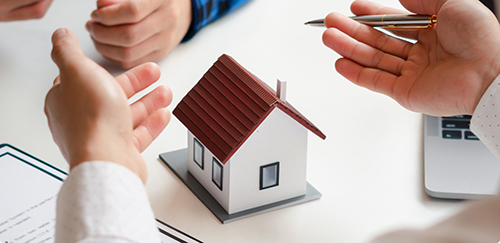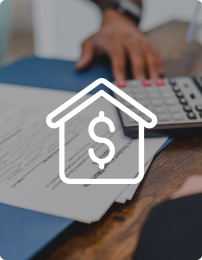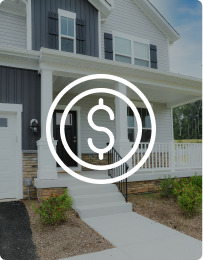Simplify your debt and move forward
Stay on top of bills with a single payment, and access a lower interest rate to get ahead.

What is debt consolidation?
Debt consolidation saves you money by reducing more expensive debts. Using the equity that’s built up in your home through property appreciation, you can pay off high interest debt and consolidate bills into a single, lower interest mortgage payment.

What is debt consolidation?
Debt consolidation saves you money by reducing more expensive debts. Using the equity that’s built up in your home through property appreciation, you can pay off high interest debt and consolidate bills into a single, lower interest mortgage payment.
Use your home equity to manage your debt
- Tap into the value of your home without selling
- Access mortgage offers from 30+ trusted lenders in one place
- Save up to $3,000 per year in mortgage interest
How to reduce high interest debt
01
Sign up to Perch

02
Add your property details

03
Connect with an advisor to figure out which option works best for you

Today’s best
mortgage rates
5-year variable
Refinance: 6.35%
5-year fixed
Refinance: 5.94%
Calculators and tools:
Debt consolidation FAQs
What are the benefits of consolidating my debt into a mortgage?
Some of the benefits of consolidating your debt into a mortgage are:
- Simplify multiple bills into a single payment, making it easier to pay on time
- Pay down higher interest debt (such as credit card bills or a personal loan) with a lower interest rate from your mortgage, which allows you to pay off bills quicker
- Used responsibly, consolidating debt can allow you to improve cashflow and minimize the risk of missing a payment
How can I access equity in my home?
You can access equity in your home by refinancing your mortgage, getting a home equity line of credit or getting a second mortgage.
1. Refinancing your mortgage to access equity
To refinance your mortgage, you will have to replace your current mortgage with a new one. This will give you the opportunity to borrow more money in addition to your existing mortgage balance and will give you access to cash. This is a great option to access equity at the same rate as your mortgage. However, you’ll have to pay interest on the cash amount immediately. You should also be aware of any prepayment penalties you might incur on your existing mortgage.
2. Getting a home equity line of credit (HELOC)
A home equity line of credit will give you access to cash as you need it, and will require you to renew or refinance your mortgage to get one. A HELOC is a good option if you think you’ll need cash later on and you don’t need to pay interest on the cash until you take it out. However, HELOC rates are usually higher than variable rate mortgage rates, so be sure to consult with your mortgage advisor and consider all of your options before deciding.
3. Getting a second mortgage
Instead of refinancing, you can take out a second mortgage against the equity you currently have in your home. A second mortgage is usually the most expensive option when it comes to accessing home equity since the rates are higher compared to your primary mortgage, refinanced mortgages and HELOCs. A second mortgage is a good option to access home equity without having to requalify for a refinance. They usually have lower rates compared to credit cards or personal loans. They are generally used as a last resort, especially if you have bad credit.
Looking for more answers? See all FAQs →


